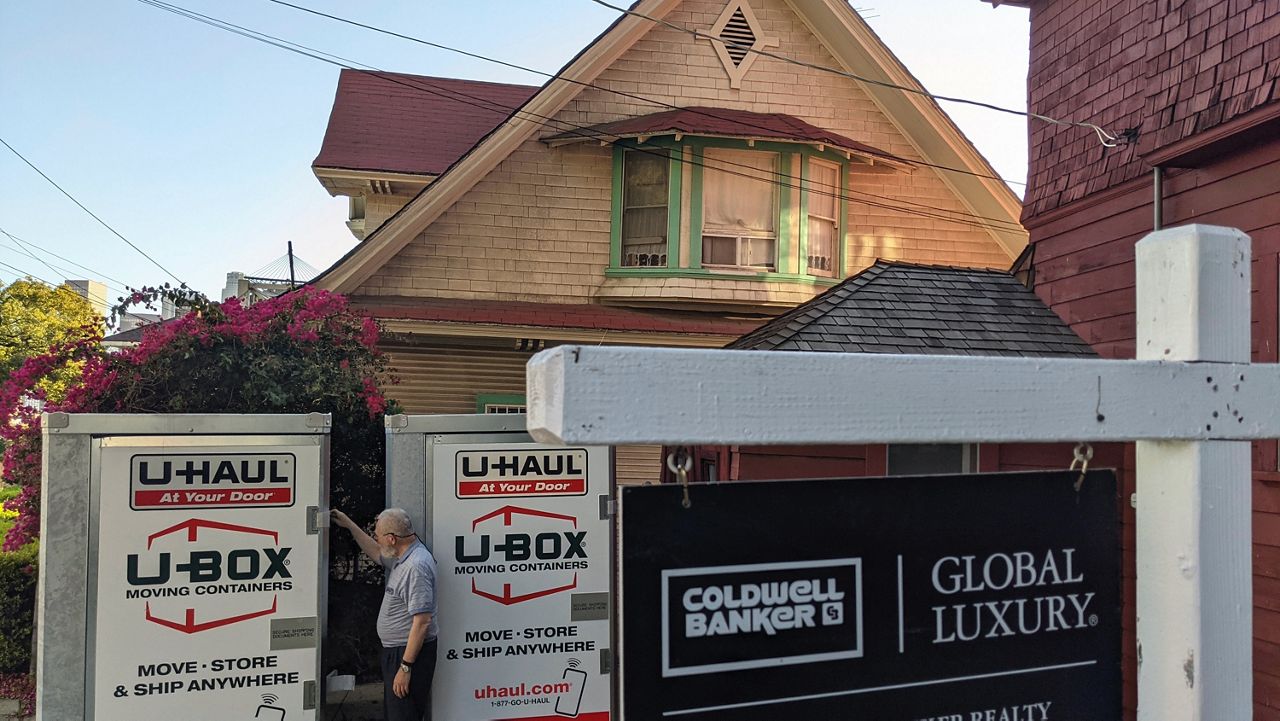LOS ANGELES (CNS) — The Los Angeles City Council approved $500,000 in funding Tuesday for the initial implementation of Measure ULA, also known as the “mansion tax.”
Angelenos passed the ballot measure in November to raise transfer taxes on real estate sold for $5 million and up. The city enacted the new tax April 1.
Tuesday’s 12-to-0 vote approved recommendations by the city administrative officer and the Los Angeles Housing Department to establish the House LA Fund from revenue generated by the tax, hire six new people to lead the implementation process of ULA programs, and establish an inspector general position to provide oversight.
Additionally, the council approved $132,700 for the Housing Department for staff costs and leasing services. The recommendations were OK’d by the Budget, Finance and Innovation Committee on June 12.
Greg Good, a senior adviser with the city Housing Department, told the budget committee that so far, $3.6 million has been collected for the month of April on five transactions.
“I think that’s reflective of what we anticipated. There was an exceedingly intense rush to offload properties in the month leading up to April 1,” Good said.
Councilman Bob Blumenfield asked Good whether the city would expect to see higher levels of revenue being generated from the measure in the future.
Good said he is “hopeful” and he “strongly suspects” it will, but he’s uncertain to what degree.
In December, city officials initially reported the measure was expected to generate between $600 million and $1.1 billion annually, but that estimate was later lowered to $672 million.
The city’s budget for 2023-24 approved the use of $150 million from Measure ULA to address homelessness, including funding for a counsel program for lower-income tenants threatened for eviction, expanded renter protections and other programs.
Good noted the housing department is working to provide a report back by late July on initial programs that will be funded by Measure ULA.
The Howard Jarvis Taxpayers Association and the Apartment Association of Greater Los Angeles have filed a lawsuit against the city seeking to prevent the implementation of Measure ULA. Daniel Yukelson, executive director of the apartment association, acknowledged in April that property owners scrambled to unload their properties before the tax went into effect.
“Quite frankly, it’s a big tax bill, 5.5%, and it’s really going to discourage development in the city of Los Angeles,” Yukelson told City News Service in April. “Why invest in LA, when you (can) just go across the borders and not have to pay that huge tax?”is it covering and what is the long-term expectation for what’s going to fund,” Rodriguez said.



